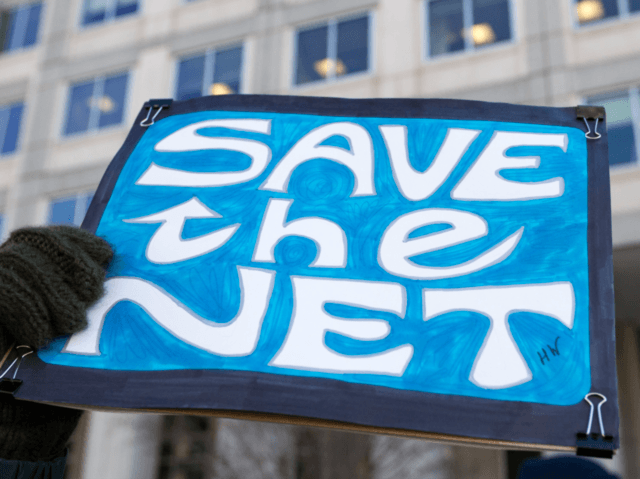Controversial new European Union (EU) laws that could force tech firms to monitor all web uploads, destroy internet meme culture, and disadvantage small news websites have been approved by the European Parliament.
The vote in Strasbourg on Wednesday was 438 in favour of the measures, 226 against, and 39 abstentions.
The European Commission has claimed the laws will update copyright rules, giving publishers and big music labels a fairer deal, but critics say they could lead to mass surveillance and alternative news sources shutting down.
The most contentious sections are the directive’s Article 11 and Article 13, which detractors have dubbed the “link tax” and the “upload filter” respectively.
They were initially rejected by the parliament after a campaign spearheaded by UKIP, and an intervention by British inventor of the World Wide Web, Sir Tim Berners-Lee, and co-founder of Wikipedia Jimmy Wales, who raised concerns about online freedom.
The redrafted directive now insists that “small and micro platforms [are] excluded from directive’s scope” and “hyperlinks, accompanied by ‘individual words’ can be shared freely” in an attempt to reassure critics.
It had been argued that taxing links would hand an advantage to larger, well resourced mainstream media platforms.
After the vote, German MEP Axel Voss, from Chancellor Angela Merkel’s party, said: “There has been much heated debate around this directive and I believe that Parliament has listened carefully to the concerns raised.
“Thus, we have addressed concerns raised about innovation by excluding small and micro platforms or aggregators from the scope.”
Ahead of the vote, it was also claimed that meme culture – including satirical videos and edited images – could be negatively affected if all content uploads were monitored and material blocked.
Other said the monitoring of content could be the top of a slippery slope, with the EU moving on from blocking copyrighted material to other forms of content, such as speech, that they may want to censor.
The new directive insists the text includes “provisions to ensure that copyright law is observed online without unfairly hampering the freedom of expression that has come to define the Internet”.
It adds: “Thus, merely sharing hyperlinks to articles, together with ‘individual words’ to describe them, will be free of copyright constraints.”
However, the civil liberties group the Electronic Frontier said the vote was the “worst possible outcome” and MEP Julia Reda was unconvinced by the amendments, calling Wednesday’s vote a “severe blow to the free and open internet”.
“This law leaves sites and apps no choice but to install error-prone upload filters,” she wrote.
“Anything we want to publish will need to first be approved by these filters, and perfectly legal content like parodies and memes will be caught in the crosshairs.”
She added: “The adopted version… allows only ‘individual words’ of news articles to be reproduced for free, including in hyperlinks – closely following an existing German law.
“Five years after the ‘link tax’ came into force in Germany, no journalist or publisher has made an extra penny, startups in the news sector have had to shut down and courts have yet to clear up the legal uncertainty on exactly where to draw the line.
“The same quagmire will now repeat at the EU level – no argument has been made why it wouldn’t, apart from wishful thinking.”
UKIP leader Gerard Batten blasted: “Once more the incompetent EU Parliament with its craze for one size fits all legislation has interfered in an area which it doesn’t understand but will have severe consequences for the future.”
He added: “The war isn’t lost yet because citizens across Europe should lobby for their MEPs to reject the directive when it comes back to the Parliament.”
Secret negotiations between the EU Parliament, Commission, and Council will now begin, but individual member states could still move to block the directive as leaders need to sign off the final text.

COMMENTS
Please let us know if you're having issues with commenting.